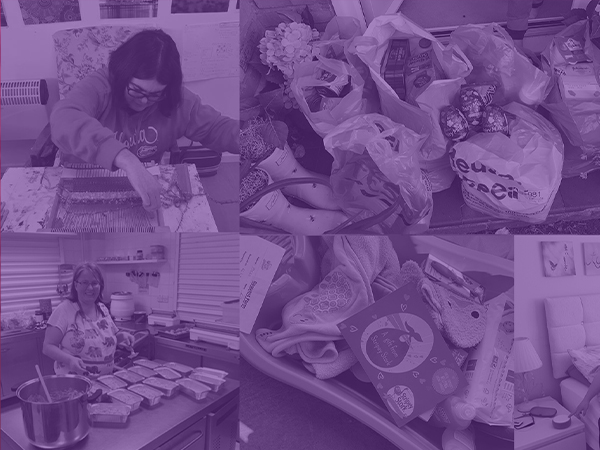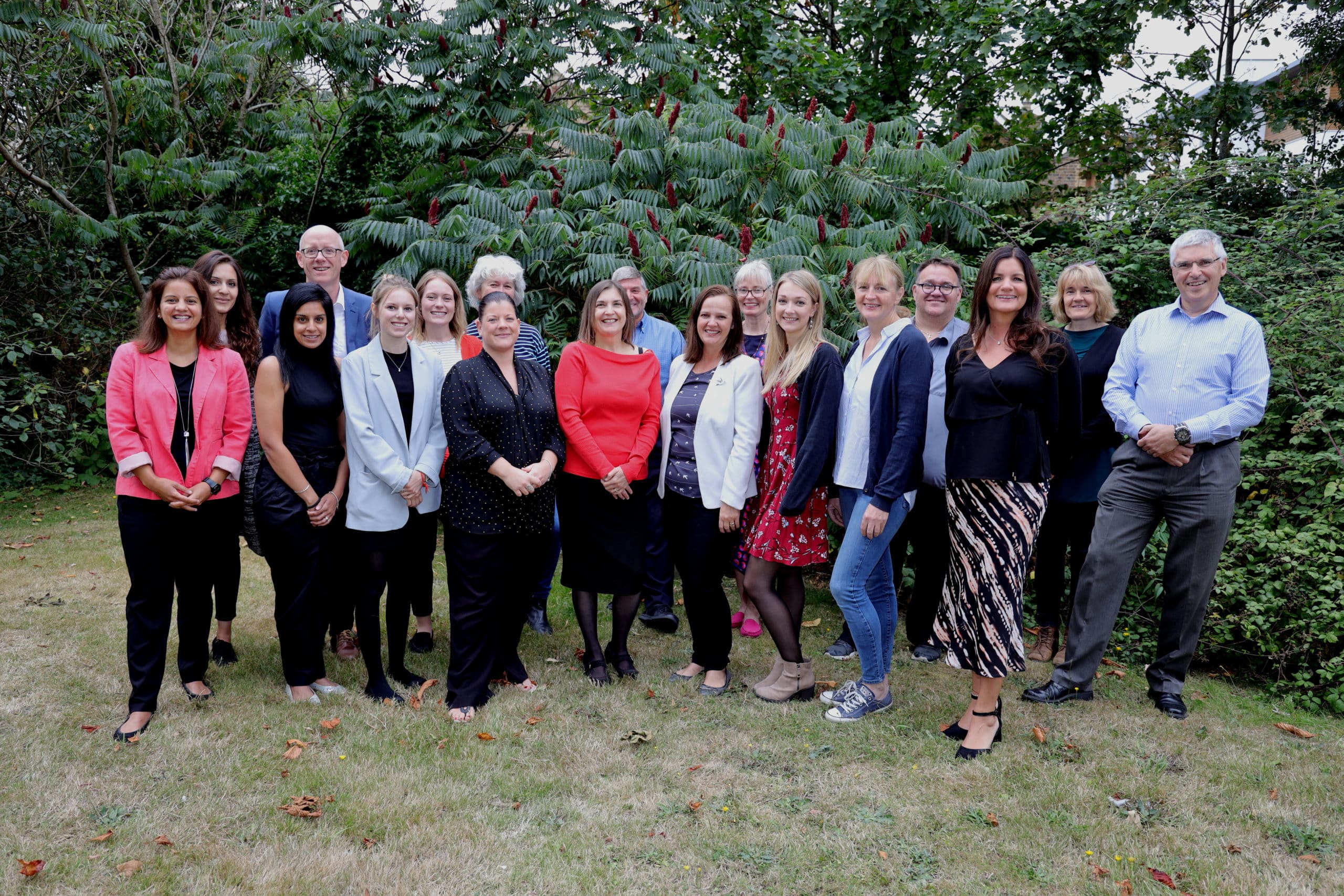
Our new report has launched to share the outcomes of the financial aid delivered to the voluntary and community sector in Surrey through our Surrey Coronavirus Response Fund (SCRF).
The SCRF launched to get emergency funding to where it was most needed, supporting charities to meet the increasing demand they were experiencing as the pandemic brought new challenges and to help them adapt and deliver their services remotely.
We were met with enormous generosity from local residents, companies and partners, and following an urgent appeal for donations, we were able to effectively distribute over £2.7 million in grants across Surrey – to support 225 organisations working on the frontline.
The report includes further statistics and outcomes from the Fund, including our grant-making by geographical area and to support critical themes of need. Information gathered through research and partnering with a range of local stakeholders, reveals the extreme challenges our county faced and where support was imperative.
We know that our SCRF was just the start of the journey and that there will be a long road to rebuild and recover our county. It is our hope that the community will come together once again in support to address the new and ongoing challenges arising across many areas of Surrey – the rise in children and young people’s mental ill-health, loneliness and isolation, and homelessness to name a few.
Kate Peters, Director of Grant-making at the Community Foundation for Surrey said:
“We are incredibly proud to share this report – to say a huge thank you for the resilience of the sector, and share stories from just some of the inspirational charities working tirelessly to support local people. While we celebrate what we have achieved together, we must not forget that the future of Surrey relies on what we do next. Our Surrey Community Fund is now our vehicle to ensure that longer-term sustainable recovery of the county is possible.”
The Surrey Community Fund will now assist charities and voluntary groups supporting local residents and communities to cope and find a long-term and sustainable pathway to recovery. The priority areas for funding will assist projects around health & wellbeing, education & training, promoting inclusion & overcoming disadvantage, and empowering communities.
Beccy Bowden, Chief Executive of the Community Foundation for Surrey said:
“The SCRF provided support to communities impacted by the virus at the most critical time, and we are most grateful to all of our local Donors and partners that have enabled this level of grant-making. But we know that the hard work is far from over. Many of the inequalities that already existed are now more prevalent, and new challenges have arisen that we could have never predicted. Now is the time to help us support Surrey to build back stronger.”
Find out more about how our Surrey Coronavirus Response Fund provided meaningful support to local people here!
Follow us
Join our community and get involved in the conversation
Follow us on Facebook, Twitter or join our professional LinkedIn Group.
Subscribe for updates
Would you like to receive our email newsletters? We are refreshing our contact lists to ensure that consent is correctly captured as part of new GDPR regulations, so if you previously received our emails, you’ll need to opt-in again. Please click here to subscribe and find out more about the types of email communications we send.



















